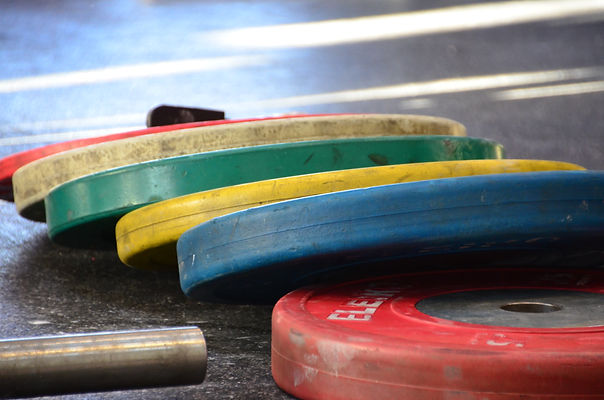Should You Take Time off Before Your Season?
- May 9, 2016
- 3 min read
The best way for a team to win games is to have their best players playing. There is just no way around it if the best players cannot play because of injury then the result is the team’s chances of success diminish. With this in mind much research is being done every day on ways to keep athletes healthy during the competitive season. There have been lots of proposed solutions to this problem including: movement screens, perceived exertion ratings, questionnaires, force plate analysis, and even symmetry testing between limbs. While all of these avenues appear promising, no method has yet to solidify injury risks.
It is common for athletes to want to rest, or take days off leading into a competitive season. I know my athletes often want to take a week off before training camp, or rest for a few days leading up to the season. This is often commonplace athletes can feel the need to refocus, or mentally prepare for the upcoming season. Does this increased time off actually help them during the competitive seasons? A new study that has been published ahead of print in the British Journal of Sports medicine would suggest that it doesn’t. The study aimed to look at whether players who completed a greater number of training sessions before the competitive season were more or less likely to sustain an injury during said season.

This study was conducted on a group of 30 Elite rugby athletes. They were monitored during a 17-week pre-season time frame, and 26 week in season time frame. Pre season training sessions were measured and quantified, and any sessions that needed to be modified, were missed, or involved rehabilitation training at any time were considered not “full” sessions. If sessions were deemed not “full” they were excluded from the data. The study also used GPS data to quantify the training loads with distance, high speed distance, and percentage of distance covered at high speeds. So what were the results?
The results were that when training load was controlled during a given week, when athletes completed 10 additional training sessions during the pre-season they reduced their likelihood of injury 17%. Additionally, when athletes had greater participation in pre-season training activities they significantly reduced the number of games missed due to injury during the season. Finally this study does support the notion that one strong predictor of future injury is previous injury. For coaches it is important to understand that athletes who miss pre-season training sessions will greatly increase their likelihood of injury during competition.
The Key points here are that training load needs to be monitored. This is not an opportunity to increase the amount of training coming into a season. The off-season should be used to build up a large tolerance to work so that the initial pre-season practices are not a huge shock to the system. Further, athletes should not wait till right before the season to begin their training either. Training is a long term process and athletes should begin to prepare for their next season as soon as possible after their last season.
Reference:
Windt, J., Gabbett, T. J., Ferris, D., & Khan, K. M. (2016). Training load–injury paradox: is greater preseason participation associated with lower in-season injury risk in elite rugby league players?. British Journal of Sports Medicine, Ahead of Print.








Comments